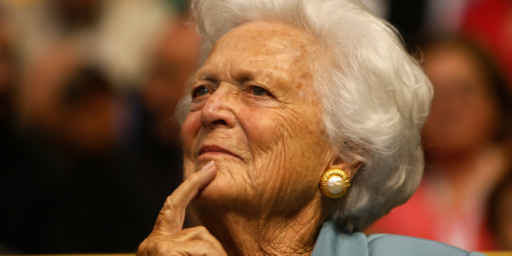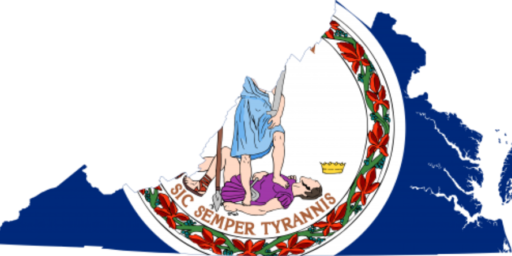Presidents and Scandal
Former Georgia Congressman Bob Barr argues that presidents are all the same when scandal strikes.
Two of the most powerful moments of political déjà vu I have ever experienced took place recently in the context of the Bush administration’s defense of presidentially ordered electronic spying on American citizens.
First, in the best tradition of former President Bill Clinton’s classic, “it-all-depends-on-what-the-meaning-of-is-is” defense, President Bush responded to a question at a White House news conference about what now appears to be a clear violation of federal electronic monitoring laws by trying to argue that he had not ordered the National Security Agency to “monitor” phone and e-mail communications of American citizens without court order; he had merely ordered them to “detect” improper communications.
[…]
his example of presidential phrase parsing was followed quickly by the president’s press secretary, Scott McLellan, dead-panning to reporters that when Bush said a couple of years ago that he would never allow the NSA to monitor Americans without a court order, what he really meant was something different than what he actually said. If McLellan’s last name had been McCurry, and the topic an illicit relationship with a White House intern rather than illegal spying on American citizens, I could have easily been listening to a White House news conference at the height of the Clinton impeachment scandal.
On foreign policy, domestic issues, relationships with Congress, and even their selection of White House Christmas cards and china patterns, presidents are as different as night and day. But when caught with a hand in the cookie jar and their survival called into question, administrations circle the wagons, fall back on time-worn but often effective defense mechanisms, and seamlessly morph into one another.
First, we get a president bobbing and weaving like Muhammad Ali. He knows he can’t really tell the truth and he knows he can’t rely only on lies. The resulting dilemma leads him to veer from unintelligible muttering to attempts to distract, and then to chest-beating bravado and attacks on his accusers.
There’s certainly something to this. Going back to at least Richard Nixon, we’ve seen similar patterns during presidential scandals from Watergate to Iran Contra to Bimbogate to the current NSA flap.
The Nixon and Clinton scandals were more directly about personal politics and the Reagan and Bush scandals about control of the foreign policy agenda. Depending on one’s perspective, that may make a difference in one’s moral judgment of the presidents involved. It doesn’t much change the way they handle the spotlight, though.
The axiom that emerged from Watergate is that “the cover-up is worse than the crime.” Whether that proves to be the case in the NSA scandals–indeed, whether any crime was committed–remains to be seen. From a political standpoint, though, there’s not much doubt that being as forthcoming as possible with the public is the best policy. Sadly, it always seems to be the last recourse.





